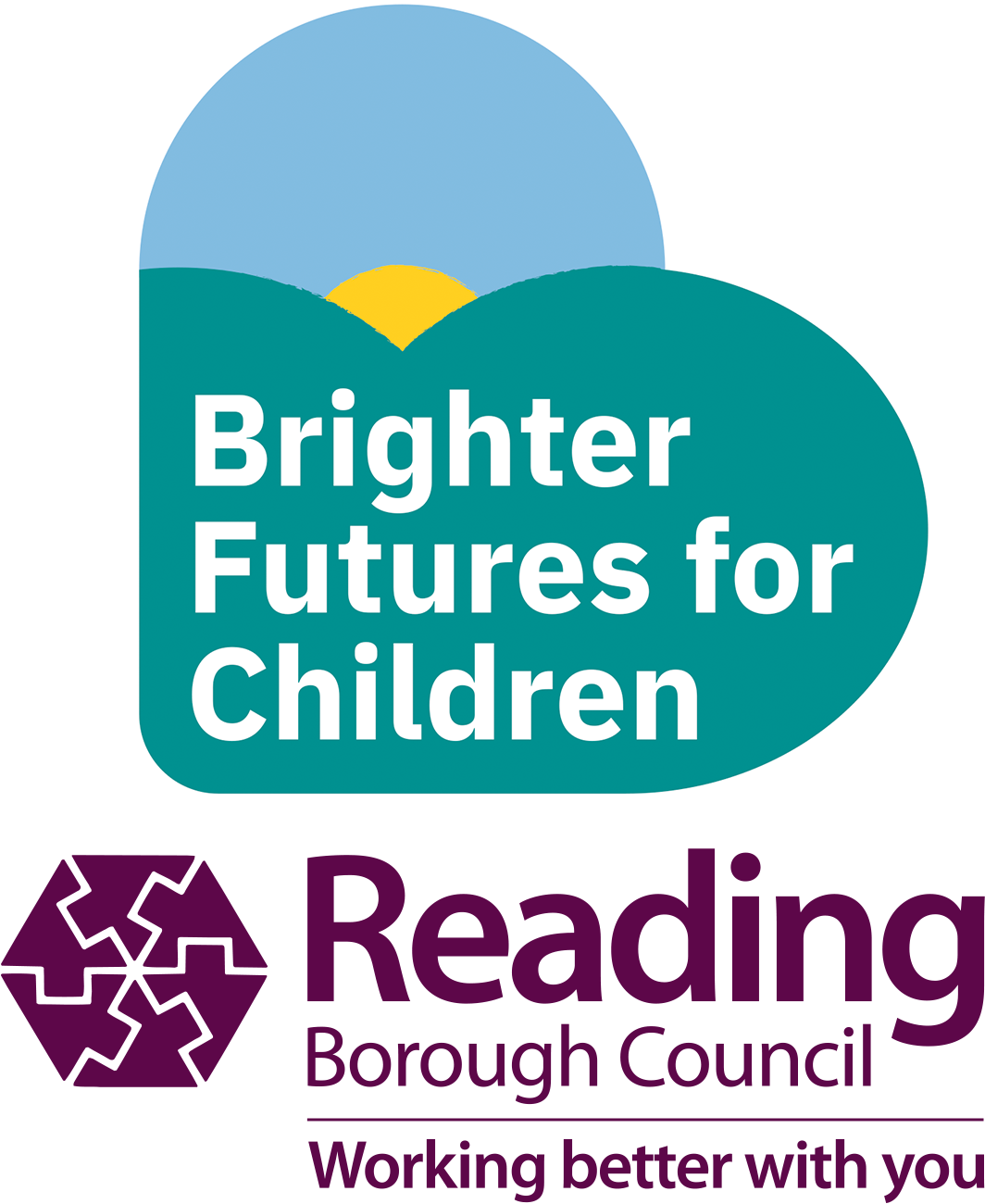Work alongside us to support children in Reading
Thank you for your interest in volunteering with us! We will keep this page updated with any opportunities that come up across Brighter Futures for Children. However you choose to volunteer, you’ll be part of a supportive community coming together to make a difference to children’s lives.
with us! We will keep this page updated with any opportunities that come up across Brighter Futures for Children. However you choose to volunteer, you’ll be part of a supportive community coming together to make a difference to children’s lives.
Current volunteering opportunities
Become a school governor in Reading
Would you like to make a difference in our community AND develop your own professional skills? By volunteering as a school governor, you can do both.
School governors are the unsung heroes of our education system. They are one of the biggest volunteer forces in the country, working in their spare time to promote school improvement and to support headteachers and teachers in their work.
Click the titles below for more information.

School governors are one of the biggest volunteer forces in the country. There are roughly 250,000 people working in their spare time to promote school improvement and to support headteachers and teachers in their work. They play a vital role in leading our schools.
Why become a school governor?
There are many personal and professional benefits of being a governor, including:
- Developing professional skills and experience such as strategic planning, chairing, financial planning, and team working, all of which are valued by employers and can assist your own career development
- Building relationships and networks in your locality
- Supporting children and young people in your community.
Being part of a Governing Board will give you experience of working at a strategic level and the opportunity to learn and practice skills that have a direct relevance to employers. These include:
- strategic leadership
- budget control
- data analysis
- staff recruitment
- building relationships and networks
- effective team working
- communication
- problem solving
- influencing/negotiation
Who can be a school governor?
Anyone over the age of 18 can be a governor and you don’t need to be a parent or have a child in school. You don’t need any specific knowledge or experience, just a willingness to learn about the role and commit time to attending meetings, reading the paperwork, asking questions and visiting your school. The Governors of a school should represent the communities they are based in.
You can read some governor stories here – Volunteer stories – Inspiring Governance and here – Governor stories – Governors for Schools
What do governors do?
Governors approve budgets and oversee the financial performance of the school to make sure public money is well spent. They appoint and hold headteachers to account for the educational performance of the school and its pupils and they decide the vision, ethos and strategic direction of their schools. Governors do not get involved with the day-to-day running. The role involves attending termly meetings (usually in the evenings), reading and commenting on reports from the school, approving school policies and occasionally visiting the school to see first-hand the impact of their work.
Where could I be a governor?
We have nursery, infant, junior, primary and secondary schools all over Reading, as well as some special schools. If you had a preference for a type of school or an area of Reading, we could put you in touch with a few schools to discuss joining them.
What happens after I join a Governing Board?
You would be introduced to the rest of the governance team, and given a calendar of meetings, a school email address and some induction paperwork. All appointments are subject to a Disclosure & Barring Service Check (DBS) so you would have to provide identification documents to the school for them to do this check. All governors join the Full Governing Board and are often also asked to join a finance or curriculum committee. Once you have been a governor for a while and are comfortable in the role, you might like to take on a specialist ‘link’ role, such as health & safety, safeguarding, data, finance etc. Governors also sometimes have to take part in panels, to approve teachers’ pay, headteachers’ appraisals, complaints panels, staff disciplinary panels or reviewing pupil exclusions. You will be a governor for a four year term of office.
Once appointed, Brighter Futures for Children offers governors an annual training programme which:
- provides up to date, focused programmes of training and development for governors to help raise standards in our schools
- equips governors with skills and knowledge to be effective in their role
- offers support, advice, guidance and information in various ways to meet governors’ needs.
What impact do governors have?
Ofsted (the Office for Standards in Education, Children’s Services and Skills) reflects that the quality of governors’ work is very important. Inspection evidence shows a link between effective governance, the quality of leadership and management, and the quality of provision and pupil success.
Importantly, your involvement and commitment to a local school could make a massive difference to the future of young people and your community. Your input will help the school improve and its children to get the best education possible.
If you would like more information on being a school governor please email Sarah Shortt at Sarah.Shortt@reading.gov.uk.
If you are thinking about applying to become a school governor, these links may be useful:
Maintained schools governance guide – Guidance – GOV.UK
Academy trust governance guide – Guidance – GOV.UK
Watch the short film below for all the essential information about this rewarding voluntary role.
New research explores the benefits to employers of supporting school and academy governance.
Have you got what it takes?
Now you’ve read all about it, take a two-minute quiz and find out if school governance could be your next great role!

Take the quiz!
School admissions appeal panel
We are always in need of volunteer panel members, particularly during the busy period (March to July) following national offer days for secondary and primary schools.
Parents have a statutory right of appeal against a decision to refuse their child a place at a school they have applied for, in accordance with the DfE’s School Admission Appeals Code. The same Code also stipulates that the panel members who hear these appeals must be volunteers.
The Code requires the appeal panel to consist of persons experienced in education, but also lay persons with no experience in education.
For more information and an application form, please contact Julie Quarmby julie.quarmby@reading.gov.uk.
While you're here...Ever thought about becoming a foster carer?
(Foster carers receive an allowance so, unlike volunteering, fostering is a paid role.)



